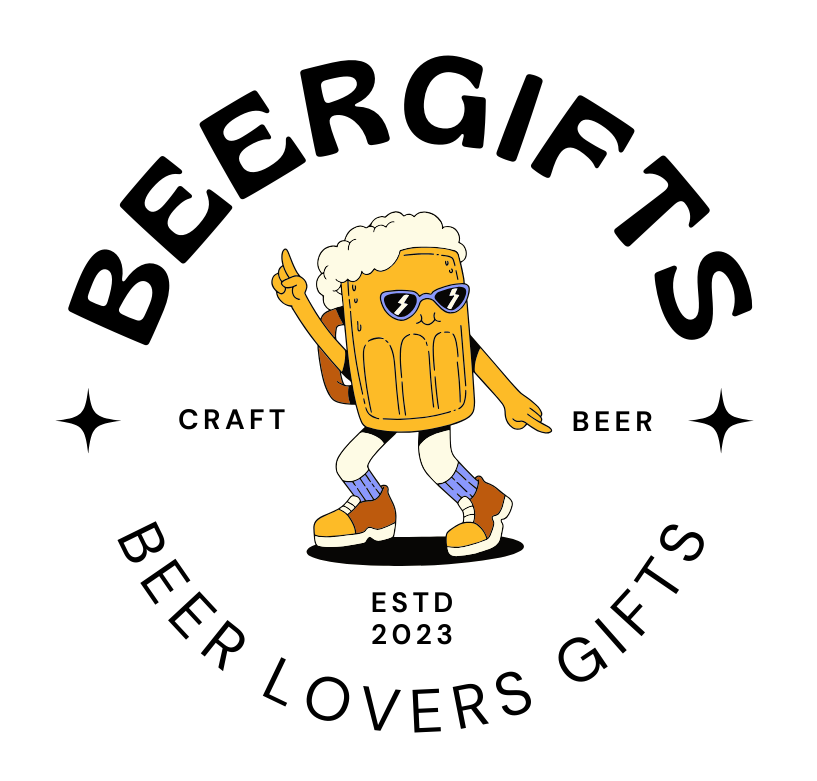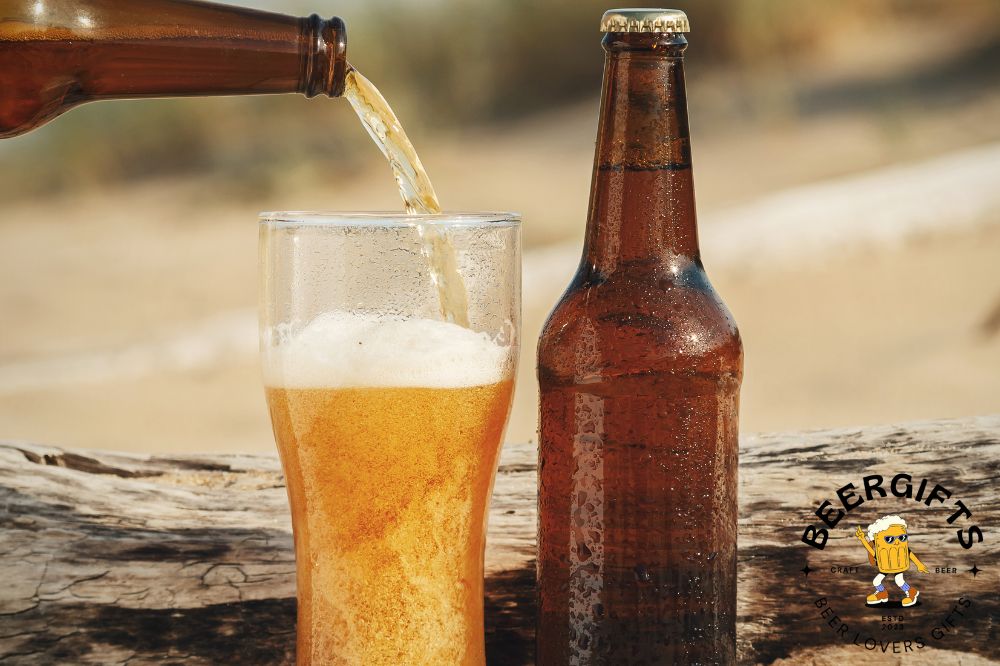I want to inform you there is no magical cure for a hangover so that you can quit all the late-night research you may be putting in. To avoid a hangover, you have two options: put down the bottle or drink responsibly. Know your limits and have the discipline to not plunder over the edge.
This article aims to make you aware of what happens to your body when you consume outrageous amounts of alcohol and how a trip to the sauna will not provide you with some phantasmal solution. The truth is, the damage has already been done to your body once you slide down that dark tunnel.
What is a Hangover?
The National Institute on Alcohol Abuse and Alcoholism defines a hangover as “a set of symptoms that occur as a consequence of drinking too much.” Whether you have ever had a hangover or are just asking for a friend, the typical symptoms of a hangover are uncomfortable.
Hangover symptoms include “fatigue, weakness, thirst, headache, muscle aches, nausea, stomach pain, vertigo, sensitivity to light and sound, anxiety, irritability, sweating, and increased blood pressure.”
The bottom line is you drank too much, and now you wish you hadn’t.
Oh, Go Away, Hangover!
The only cure to a hangover is time, and symptoms can last up to 24 hours or longer. What’s worse is that these alcohol-induced knock-you-off-of-your-feet specials are both painful and potentially very dangerous.
When you have a hangover, your body becomes numb and dumb. But let us not leave it at that- now it is time to investigate what is happening to your body at this stage.
- Dehydration: Alcohol is your kidneys’ worst enemy. Alcohol inhibits the release of the antidiuretic hormone known as vasopressin. This hormone acts to help your body retain fluids, but when suppressed, excessive urination occurs. The extra loss of fluids leads to mild levels of dehydration.
- Fatigue: Likely, you did not get much sleep the night you decided to have a few drinks. Alcohol will probably make you fall asleep rather quickly if you haven’t blacked out, but you will usually experience a night of broken sleep.
- Stomach Upset: Alcohol promotes the release of acid inside your stomach walls due to excessive irritation.
- Irregular Neurological Compensation: People tend to say alcohol makes them feel relaxed and helps them to de-stress. The problem is that the brain rapidly adjusts to this neurological sensation of positivity; however, when the buzz wears off, it is usually the case that one feels worse than before picking up the bottle.
- Inflammation: Alcohol causes inflammation that affects essential functions within the liver, stomach, pancreas, brain, and other organs. In addition, the toxic compound acetaldehyde forms within the liver. This compound “is one of the principal culprits mediating fibrogenic and mutagenic effects of alcohol in the liver.”
The effects of alcohol pose risks that affect the human body at the physical, emotional, psychological, and mental levels. In addition, it can cause damage to one’s DNA, causing chronic illness deep down to the cellular level.
What are the Benefits of the Sauna?
Saunas produce a range of beneficial results through their coveted heat+sweat therapy, which is true regardless of the heating technology used.
So, whether the sauna operates through convection or radiation, you are likely to experience one or more of the following benefits:
- stress relief, relaxation, and sleep improvement
- promotes mindfulness and stimulates mental health
- decrease in inflammation and chronic pain relief
- improvement to cardiovascular health
- increased fitness performance and quicker muscle recovery
- healthier-looking skin
- enhanced weight loss and increases in metabolism
- increased blood flow for better circulation
- promotion of a healthy balance of blood vessels
- stimulation of the immune system that helps defend against toxins and other bacteria
- congestion relief for those experiencing sinus conditions
- improvement in congestive heart failure and peripheral artery disease (as found in Japanese therapy literature)
The benefits of sauna use make heat therapy a preferred method of holistic treatment worldwide. So I suggest looking into how a trip to the sauna may be of help to you. Just remember to do it sober.
Can you sweat out alcohol in sauna?
People may believe that a sauna therapy session may relieve them from their hangover, but unfortunately, this is not the case. Sauna use and alcohol are not mixology besties.
Sauna use can be very effective at toxin removal through its ability to generate sweat. However, here lies the first misconception: if you have already reached the point of intoxication that you are experiencing a hangover, you have already caused damage to your body.
You may find it interesting to know that various technologies can generate heat into these dedicated spaces.
Typically, steam saunas generate heat using a wood-burning, electric, or gas heater and operate at much higher temperatures due to their method for transferring heat- convection. Their operating temperature ranges from 110 degrees to 200 degrees Fahrenheit.
Infrared saunas utilize radiant technology to transfer heat and allow you to experience a more extended session due to their lower operating temperature. Generally, infrared saunas operate between 110 degrees and 140 degrees Fahrenheit.
At this point, I should also mention the possibility of purchasing a sauna blanket – perhaps one of the industry’s most celebrated products that are moderately priced and enjoyed by people worldwide.
The second misconception is that the sauna can provide you with the hangover battling benefits of exercise. Here’s the thing- exercise does not help a hangover from helping you sweat out the alcohol.
Exercise makes you feel good because your body releases endorphins during physical activity, which are our feel-good hormones. However, saunas are incomplete sources of exercise because although they may mimic cardiovascular function, they cannot produce the physical aspect.
The last misconception affiliated with sauna use as a likely remedy for hangovers is its ability to calm your body. Although saunas can help manage your body by extending your breathing cycle, this is not advisable once you are already in a confused neurological state due to the effects of alcohol.
Why Not Use a Sauna When Hungover
Recovery from a hangover may expose a person to “cardiac arrhythmias.” In other words, alcohol can cause irregularities in your heartbeat. And, in most cases, sauna use will tend to increase one’s heartbeat.
So, what does all this mean? If you have a hangover, your cardiovascular disposition is in jeopardy, and so you are more prone to lightheadedness, shortness of breath, chest pain, and fainting.
Also, because sauna use promotes sweating, you are at higher risk of dehydration when under the influence of alcohol. You should stay clear of the sauna if you are experiencing a hangover.
Instead, it would be best if you began your ‘morning after’ with a healthy meal and drank plenty of water. Then, as you start to feel better, you may consider a short session in the sauna.
Safety Precautions for Sauna Use
No matter whether you are an otherwise healthy individual or are part of an at-risk group, it is always best to first speak to your specialist or family doctor about attaining medical clearance for sauna use.
If you are intoxicated, this is a sure red flag that will not be in your favor if you want to enjoy a trip to the sauna.
Several precautions users should take to avoid adverse effects of sauna use include:
- AVOID alcohol consumption before visiting the sauna
- limit sessions to 15-20 minutes in duration
- stay hydrated throughout your visit to the sauna
- remove all jewelry and dress appropriately
- rest afterward so your body can efficiently regulate itself
- take a cool shower to remove sweat and other foreign materials
The clinical field generally considers sauna use a safe option even for people with mobility issues or other health concerns. But you ought to be aware of some adverse effects, usually short-term in nature.
In a nutshell, if you have a weakened immune system, open or unhealed wounds, heart condition, mobility issue, neurological deficit, are pregnant or nursing, or are older, you should seek medical clearance.
It would be best if you avoided alcohol before, during, and after sauna use. Although the sauna is highly beneficial, your body is in an altered state nonetheless.
And it is no surprise that alcohol also alters your state (but not in a good way), and that is why the combination of the two can be so dangerous.
Conclusion
The only way to avoid a hangover is to drink in moderation or stop drinking alcohol altogether. As I already mentioned, if you have a hangover, the damage to your body is done.
A trip to the sauna will not reverse the effects that you feel from being intoxicated. Dehydration, fatigue, and poor decision-making can be rather dangerous in conjunction with a sauna session.
Please share your questions or concerns about sauna therapy and the effects of alcohol in the comment section below.



